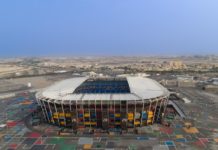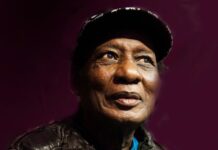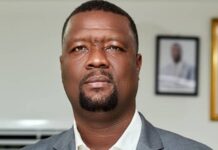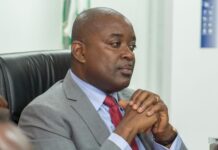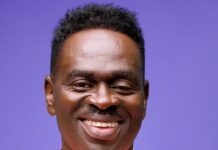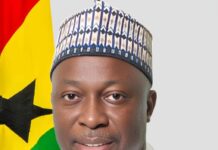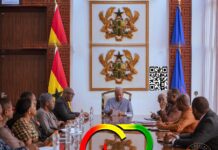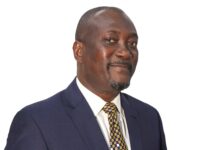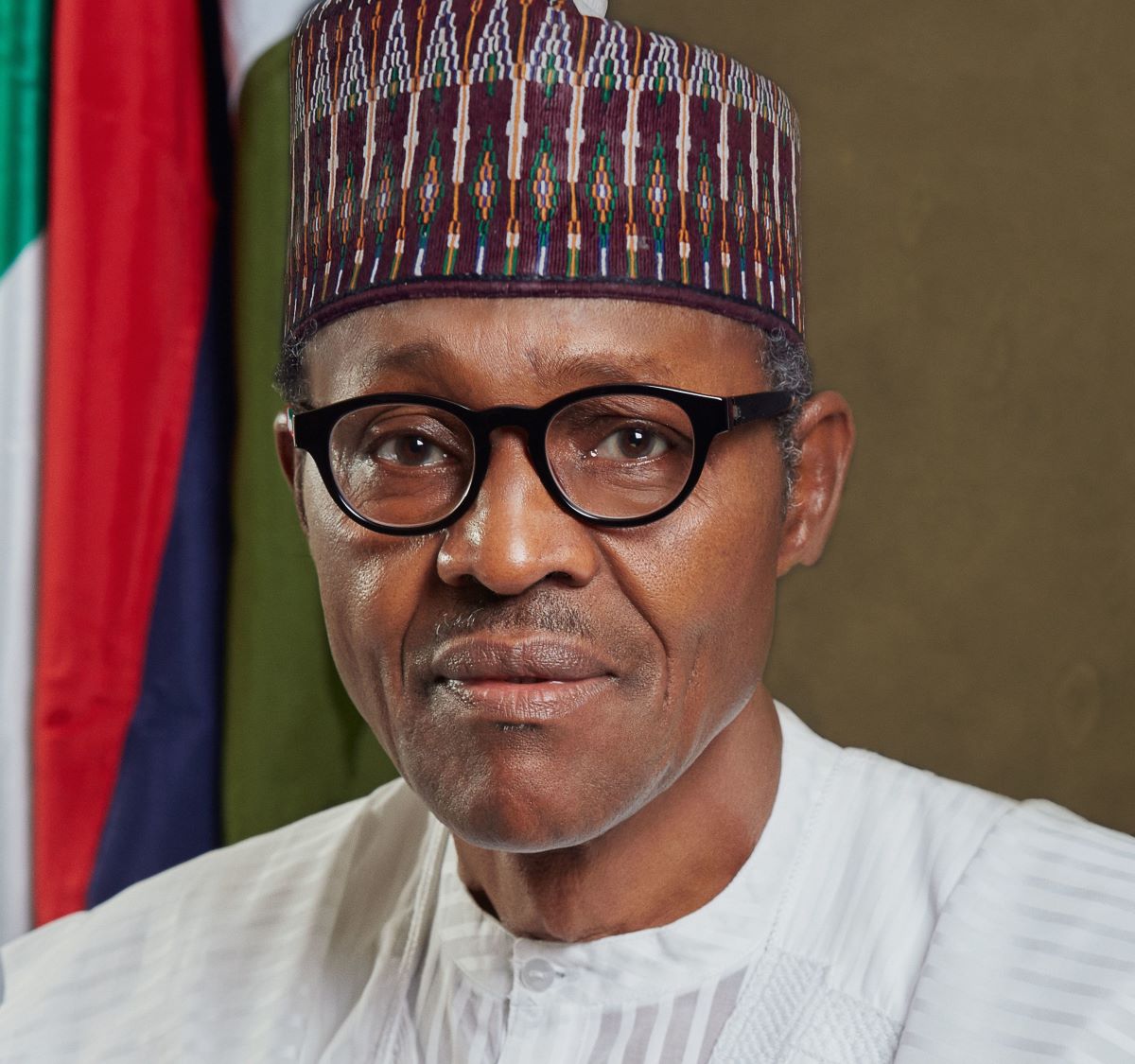
Muhammadu Buhari was born into a Fulani family in the northern Nigerian town of Daura, in what is today Katsina State.
He was the 23rd child of his father, Mallam Hardo Adamu, a Fulani chief. His mother, Zulaihat, raised him after his father’s early death. Buhari’s upbringing was steeped in Islamic traditions and values, which would later shape his moral and political philosophy.
According to GhanaRegions.com, Muhammadu Buhari’s life was marked by service, sacrifice, and enduring influence in Nigerian politics.
From the barracks of the Nigerian Army to the seat of presidential power, his journey reflected the turbulent yet resilient spirit of Nigeria. His death in 2025 marked the end of an era—but the debates over his legacy will likely continue for decades.
Early Life and Background
Full Name: Muhammadu Buhari
Date of Birth: December 17, 1942
Place of Birth: Daura, Katsina State, Nigeria
Date of Death: June 20, 2025
Age at Death: 82
Place of Death: London, United Kingdom
Cause of Death: Complications related to a prolonged illness (suspected to be related to age-associated organ failure)
Muhammadu Buhari’s Education
Buhari received his early education at Daura and Mai’adua primary schools, before proceeding to Katsina Middle School in 1953. He then attended Katsina Provincial Secondary School from 1956 to 1961, where he earned his West African School Certificate.
In 1962, he joined the Nigerian Army and was sent to the Nigerian Military Training College (NMTC) in Kaduna. He furthered his military education at the Mons Officer Cadet School in Aldershot, United Kingdom, and later at several prestigious military institutions including:
Defence Services Staff College, India (1973)
United States Army War College, Pennsylvania (1980)
Military and Political Career
Military Service (1962–1985)
Buhari had a long and distinguished military career. He served in various key roles:
Platoon Commander, Second Infantry Battalion, Abeokuta (1963–1964)
Participated in the Nigerian Civil War (1967–1970) as a brigade commander
Governor of the Northeastern State under General Murtala Mohammed (1975–1976)
Minister of Petroleum and Natural Resources under General Olusegun Obasanjo (1976–1978)
In December 1983, Buhari led a military coup that overthrew the civilian government of President Shehu Shagari, citing widespread corruption and economic mismanagement.
Military Head of State (1983–1985)
As head of state from December 31, 1983, to August 27, 1985, Buhari instituted a strict regime that emphasized discipline, anti-corruption, and austerity. His “War Against Indiscipline (WAI)” campaign targeted social order, punctuality, and national ethics. However, critics condemned his government for human rights abuses, media censorship, and authoritarian practices.
He was ousted in a palace coup in 1985 by General Ibrahim Babangida and was subsequently detained for over three years.
Return to Politics and Democratic Presidency
After a prolonged absence from public life, Buhari re-entered politics in the late 1990s. He ran unsuccessfully for president in 2003, 2007, and 2011 under various political platforms. In 2013, he co-founded the All Progressives Congress (APC), a coalition of opposition parties.
President of Nigeria (2015–2023)
In 2015, Buhari defeated incumbent President Goodluck Jonathan in a historic election that marked the first peaceful transfer of power between two democratically elected governments in Nigeria. He was re-elected in 2019 for a second term.
His tenure focused on:
Anti-Corruption Campaigns: He launched major investigations and reforms targeting high-level corruption.
Security Challenges: His administration faced rising threats from Boko Haram, banditry, and herdsmen-farmer conflicts.
Economic Reforms: Buhari implemented measures to diversify Nigeria’s oil-dependent economy, but his tenure also witnessed two economic recessions.
Infrastructure Development: Significant investments were made in railways, roads, and power sectors, with support from China and international partners.
Despite mixed results, Buhari remained a central figure in Nigeria’s post-military democratic evolution.
Muhammadu Buhari Family Life
Muhammadu Buhari was married twice:
First Wife: Safinatu Yusuf (1968–1988, divorced)
Children: Five (including Zulaihatu Buhari, who died in 2012)
Second Wife: Aisha Buhari (married in 1989)
Children: Five, including Yusuf Buhari and Hanan Buhari
Aisha Buhari was active as First Lady and engaged in women’s rights advocacy and social development projects.
Later Life and Death
After leaving office in May 2023, Buhari retired to his hometown of Daura, where he maintained a low public profile. His health had been a subject of public concern for years, especially due to several prolonged medical trips to the United Kingdom during his presidency.
On June 20, 2025, Muhammadu Buhari died in London, at the age of 82. The cause of death was officially cited as complications from a prolonged illness, though insiders attributed it to age-related organ failure. He had been undergoing treatment in the UK for several months prior to his death.
Legacy and Impact
Muhammadu Buhari’s legacy is a complex blend of discipline, integrity, and polarizing leadership. His admirers remember him as a stoic nationalist and a disciplined leader, committed to fighting corruption and promoting national development. His critics argue that his leadership style was rigid, economically conservative, and at times insensitive to Nigeria’s diversity and evolving democratic norms.
His impact includes:
Institutionalizing anti-corruption efforts
Advancing electoral reforms (supporting electronic voting and INEC autonomy)
Expanding Nigeria’s infrastructure base
Navigating Nigeria through multiple economic and security crises
He remains one of the most consequential figures in Nigerian post-independence history—both as a military ruler and democratic president.




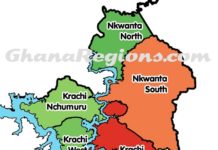
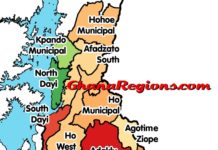
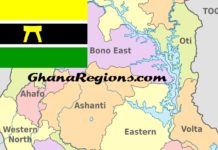

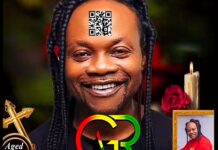


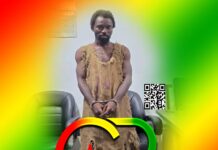


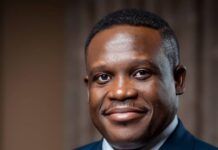



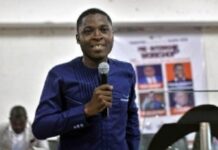
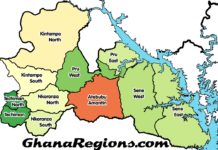


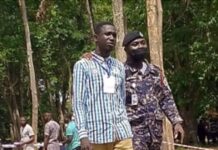
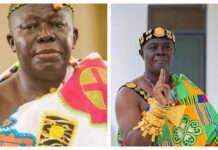
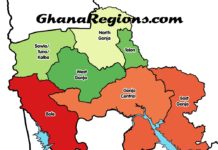

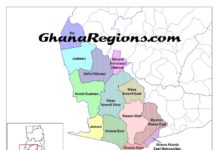
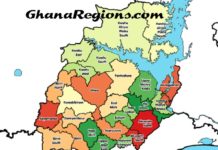




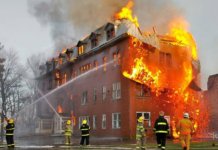


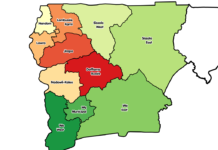
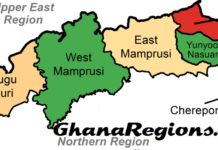

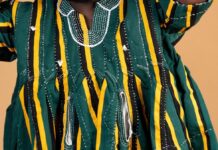
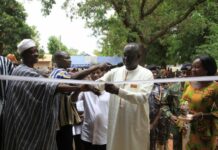










![Morocco knock out Spain on 3-0 penalties to reach FIFA World Cup 2022 quarter-final, Morocco vs Spain (0-0) (3-0) [Video]. Morocco knock out Spain on 3-0 penalties](https://ghanaregions.com/wp-content/uploads/2022/12/Watch-Morocco-vs-Spain-0-0-and-3-0-penalties-218x150.jpg)





